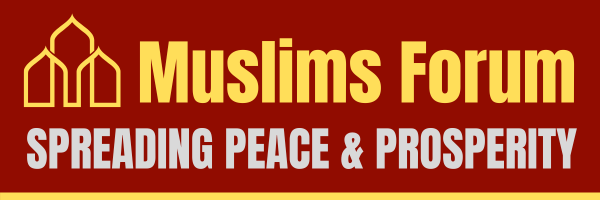Muslim unity is a topic that stirs deep emotion—often spoken about with longing, nostalgia, and a sincere hope for a united Ummah. From Friday sermons to youth programs, the call for unity echoes constantly. Yet, in a world shaped by political borders, sectarian rifts, differing ideologies, and cultural variations, many Muslims wonder: Is true unity just a dream, or can it become a reality?
Where We Are Now
Today, the global Muslim population stands at over 1.9 billion, representing a mosaic of nations, ethnicities, and traditions. Despite our shared belief in the oneness of Allah and the finality of the Prophet Muhammad ﷺ, divisions persist—be it through political unrest, sectarianism, or social disconnection. The disunity we see is painful, but it doesn’t mean hope is lost.
Understanding True Unity
Unity in Islam doesn’t mean absolute agreement on every issue or the erasure of cultural diversity. Rather, it means being united in our essential beliefs—faith in Allah ﷻ and His Messenger ﷺ, commitment to justice, and mutual support against injustice and oppression. The Prophet Muhammad ﷺ reminded us of this higher standard of brotherhood and solidarity when he said:
“The believers, in their mutual love, mercy, and compassion, are like a single body: when one part aches, the whole body responds with sleeplessness and fever.”
— [Sahih al-Bukhari & Muslim]
Muslim unity, then, is not an unattainable ideal—it’s a collective responsibility grounded in faith, achievable through sincerity, dialogue, and shared purpose.
Read More On Muslim Forum

